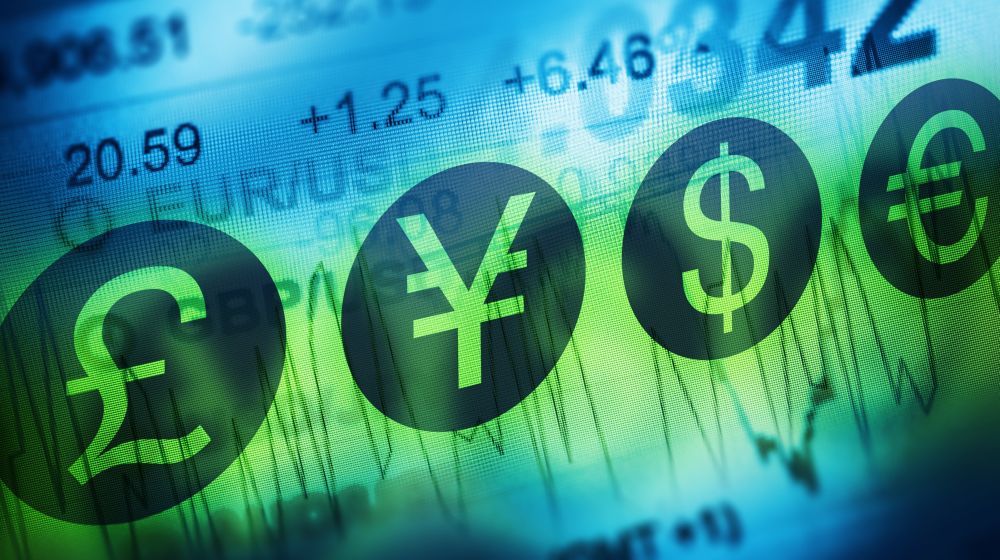Trading FOREX is a highly complex enterprise; as a form of online trading it requires you to understand a huge amount about currencies, geopolitics, business and more. Even with all that understanding, it is difficult to build up a profitable business and sustain profitability trading currencies.
However, if you decide you want to start trading FOREX, one of the first things you’ll need to do to access the currency markets is to open a personal trading account (this might be a live or practice account, depending on how you’d prefer to start). So where do you set up an account? That’s not the first question you should be asking; you should more so be asking what type of trading account best suits how you want to trade and what’s available (before choosing a provider to set up your FOREX account with).
There are several types of online FOREX trading platforms on which you can open an account, so here’s a quick breakdown of the different types of platform and how they differ.
Downloadable vs Non-downloadable trading platforms
The first basis on which forex trading platforms are classified is whether they can be downloaded on not. Downloadable trading platforms are more or less applications (or software) that can only be accessed on the specific device they were downloaded and installed on (this could be a mobile device or a computer).
Non-downloadable platforms are web-based and can be accessed on any device that has access to the internet. All you need is to open the site and enter your log-in details.
It is a matter of preference as to how and where you trade (accessibility should be the key question alongside functionality requirements) when choosing a downloadable or cloud-based platform (bear in mind that some software will only run on local devices they’re installed on, i.e. FOREX trading software installed on PC).
Depending on the programming language
Many FOREX platforms use complex programming languages allowing users to develop and deploy their trading algorithms or executions vehicles (although this functionality is not used by the majority of users, depending on your level of programming expertise). Based on the programming language, online forex trading platforms are classified into:
- MT4 MetaTrader and MT5 MetaTrader: Arguably the most heavily used trading platform by FOREX traders.
- ActTrader: Has downloadable and non-downloadable options.
- Currenex: Has a complex version, Currenex Viking, for pros and Currenex classic that is geared towards less experienced users.
- TradeStation: The TradeStation platform is built on the Lua programming language.
- cTrader: With this, you get a direct connection to the forex trading market. Has this access because they are also an Electronic Communications Network platform.
Dealing desk Vs Non-dealing desk (Trading models)
There are two major trading models employed by FOREX platforms; this includes dealing desk platforms and non-dealing desk platforms.
Dealing Desk Platforms
The system is connected to the broker’s dealing desk from which all pricing information begins. Transactions orders by traders must also go to the dealing desk for implementation. Examples include: MetaTrader, ActTrader, Currenex Classic, and TradeStation.
Non-dealing desk (also known as direct market access platform or ECN platform)
In this system, the prices come directly from many liquidity providers and are available for the trader’s perusal. This system is therefore known as direct access trading. Examples include: Currenex Viking, cTrader, and cAlgo.
Final thoughts on FOREX trading platforms
Forex trading can be a very rewarding business but is also an incredibly risky form of trading. If you choose to start trading FOREX, you should take your time, learn as much as possible and never risk more than you can afford to lose.
Hopefully, this has given you a quick insight into the different types of trading platform there are out there and what differentiates them. Before choosing a platform/provider, you should research further each type and choose the one that you feel will give you the best chance of succeeding at forex trading.



